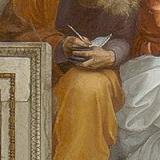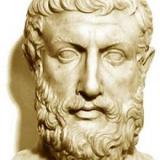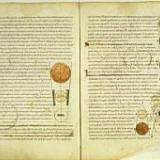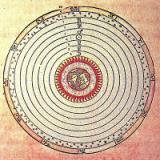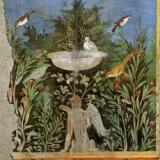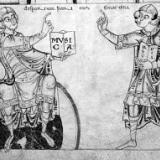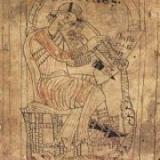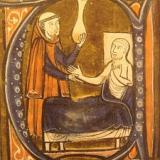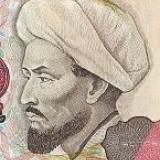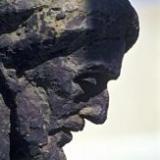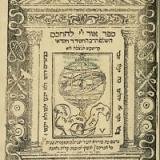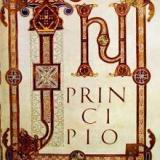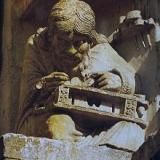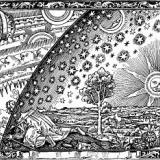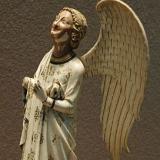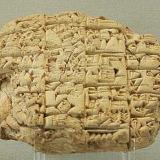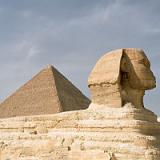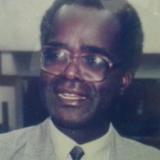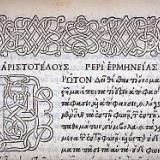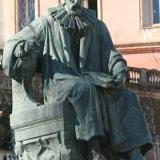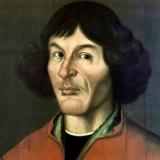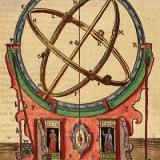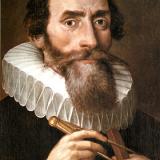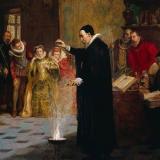Cosmology
Posted on
Peter discusses two very early Greek philosophers, both from Miletus: Anaximander and Anaximenes.
Posted on
Peter discusses the "father of metaphysics," Parmenides, and his argument that all being is one.
Posted on
Peter looks at Plato's Timaeus, focusing on the divine craftsman or demiurge, the receptacle, and the geometrical atomism of Plato's elemental theory.
Posted on
Before Isaac Newton (and Olivia Newton John), there was Aristotle. Peter looks at his Physics, focusing on the notions of actuality and potentiality and how they help to explain such concepts as time and motion.
Posted on
Peter begins to examine the philosophy of Epicurus, focusing on his empiricist theory of knowledge and his atomic physics.
Posted on
Peter looks at the Stoic idea of god, a providential fire that pervades nature, and considers their idea of a deterministic and eternally recurring cosmos.
Posted on
Pioneering thinkers Eudorus, Alcinous, and Numenius fuse Pythagoreanism with Platonism and pave the way for Plotinus.
Posted on
Origen, greatest of the Greek Church Fathers, sets out a stunning theory of human redemption as he marries philosophical rigor to theological speculation.
Posted on
The doctor and philosopher Abū Bakr al-Rāzī sets out a daring philosophical theory involving five eternal principles: God, soul, matter, time and place.
Posted on
Peter begins to look at the systematic rethinking of Hellenic philosophy offered by al-Fārābī, focusing on his logic and metaphysics.
Posted on
Neoplatonism returns in Ibn Gabirol (known in Latin as Avicebron), who controversially holds that everything apart from God has both matter and form.
Posted on
Ḥasdai Crescas shows Aristotelian physics who’s boss, by defending alternative conceptions of time, place and infinity.
Posted on
Eriugena delves into the Greek tradition to produce his masterpiece of metaphysics and theology, the Periphyseon.
Posted on
The controversial role of Chartres in the philosophical Renaissance of the twelfth century.
Posted on
The oldest treatise of Sāṃkhya enumerates the principles of the cosmos and of the human mind.
Posted on
Ockham, Buridan, Oresme and Francis of Marchia explore cosmology, atomism, and the impetus involved in motion.
Posted on
Be surprised by how many philosophical problems arise in connection with angels (how many can dance on the head of a pin is not one of them).
Posted on
Do the cuneiform writings of Babylonian culture show that it had its own philosophy?
Posted on
Ancient Egyptian figures and writings including the Pyramid Texts, Imhotep, and the "first monotheist" Akhenaten reflect on the nature of things and questions of morality.
Posted on
Henry Odera Oruka’s new method for exploring philosophy in Africa, based on interviews with wise individuals.
Posted on
Aristotle’s works are edited, printed, and translated, leading to new assessments of his thought among both humanists and scholastics.
Posted on
Was the anti-Aristotelian natural philosophy of Bernardino Telesio and Tommaso Campanella the first modern physical theory?
Posted on
How revolutionary was the Copernican Revolution?
Posted on
Responses to Copernicus in the 16th century, culminating with the master of astral observation Tycho Brahe.
Posted on
Kepler combines Brahe's observations, Copernicus' astronomy, and Platonist metaphysics.
Posted on
Science, intrigue, exploration, angelic seances! It's the life and thought of Elizabethan mathematician and magician John Dee.

